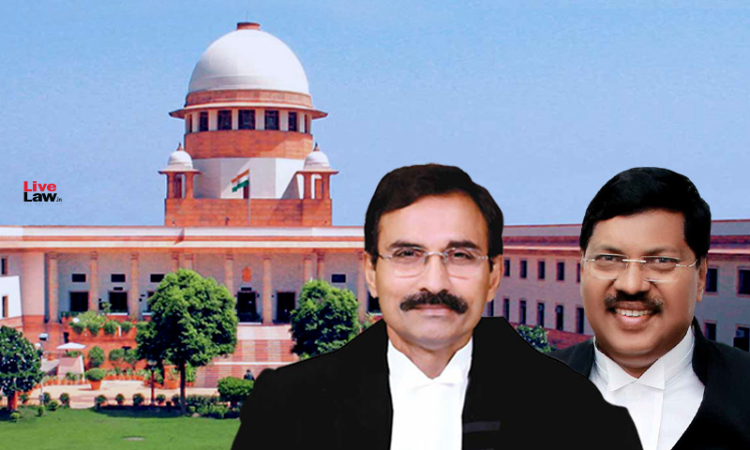Letters Patent Appeal Not Maintainable Against Orders Which Does Not Have Traits And Trappings Of Finality: Supreme Court
Ashok KM
14 March 2022 8:40 PM IST

Next Story
14 March 2022 8:40 PM IST
The Supreme Court observed that a Letters Patent Appeal cannot be entertained against orders which does not have the traits and trappings of finality.An order of single judge, though may cause some inconvenience to one of the parties or, to some extent, some prejudice to one of the parties, cannot be treated as a 'judgment' under clause 15 of Letters Patent of the Calcutta High Court, the...
